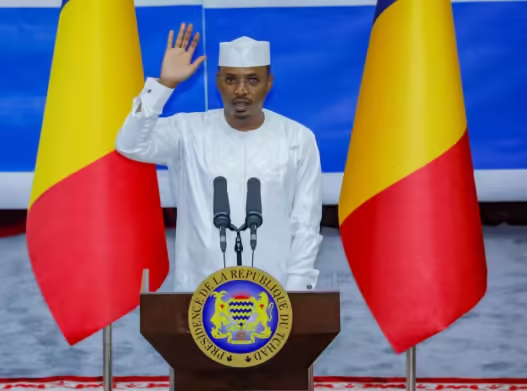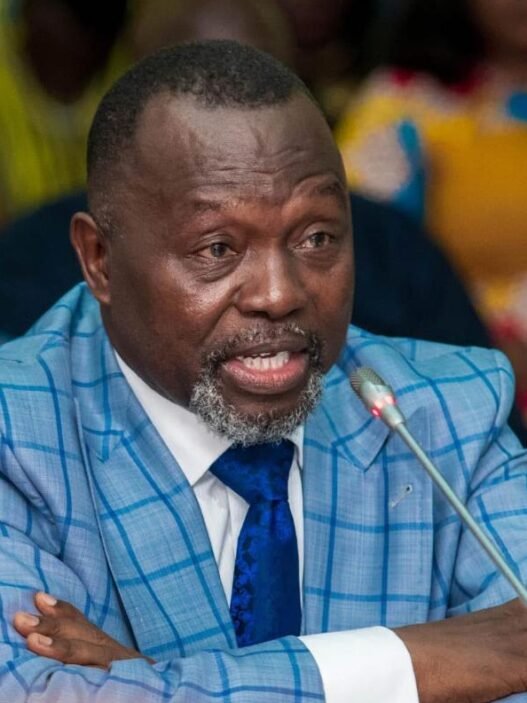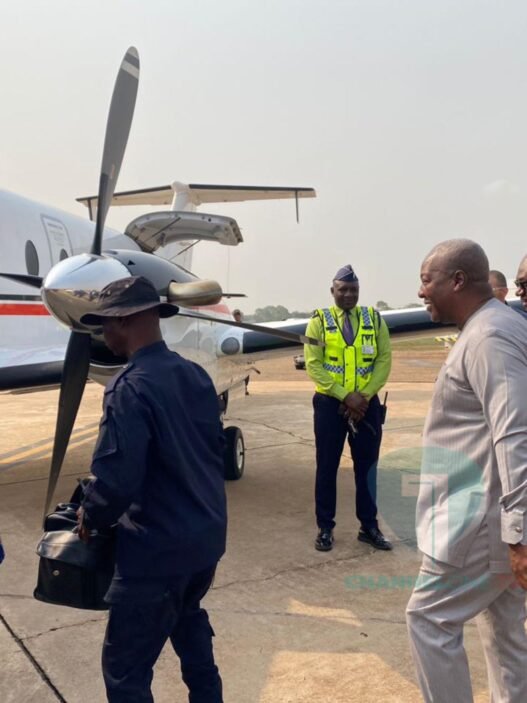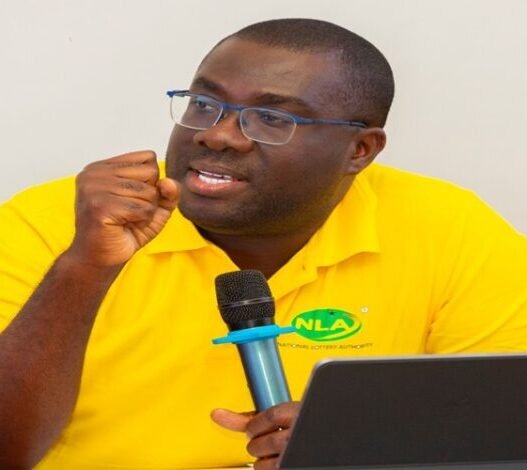Chad’s ruling Patriotic Salvation Movement (MPS), led by President Mahamat Idriss Deby, has secured a majority in last month’s parliamentary elections, taking 124 of the 188 seats in the National Assembly. The provisional results were announced by Ahmed Bartchiret, head of the electoral commission, on Saturday.
The elections, held on December 29, were touted as a pivotal step in Chad’s transition to democracy but were heavily criticized by opposition parties. With a voter turnout of just 51.56%, opposition leaders cited the low participation as evidence of public doubt in the credibility of the process.
Election Marred by Boycott
Over 10 opposition parties, including the Transformers party, which finished second in last year’s presidential election, boycotted the vote. Transformers’ leader, Succes Masra, joined others in labeling the election a “charade” and raised concerns over its fairness.
This parliamentary vote, which also included municipal and regional elections, marked Chad’s first in over a decade. It followed President Mahamat Deby’s rise to power in 2021 after the death of his father, longtime ruler Idriss Deby Itno, who had led the country for three decades.
A Controversial Transition to Democracy
President Mahamat Deby framed the election as a critical step toward decentralization, promising to distribute power from the central government to regional and municipal levels. However, critics argue that the elections merely reinforced the current administration’s grip on power, continuing a trend set by the disputed presidential vote in 2024.
Chad Faces Mounting Challenges
The election took place against a backdrop of security and geopolitical upheaval. Chad is contending with ongoing Boko Haram attacks in the Lake Chad region and has recently ended decades-long military cooperation with France, its former colonial ruler. This move aligns Chad with other Sahel nations like Mali, Niger, and Burkina Faso, which have also severed ties with France in favor of stronger relations with Russia.
Adding to the tension, Chad’s government announced this week that security forces thwarted an attack on the presidency, describing it as a “destabilization attempt.”
While the government hails the election as progress in Chad’s democratic journey, opposition parties and international observers remain critical, casting doubt on whether the country is genuinely moving toward decentralization and political reform.





















